If you ask yourself what new recorder to buy or if you are the only sound designer in the world being offered to work for free, now you know you’ve got to check out Social Sound Design, the new project of the sound designer – and of course the author of one of the best and most well-known blog {sound+design} – Andrew Spitz.
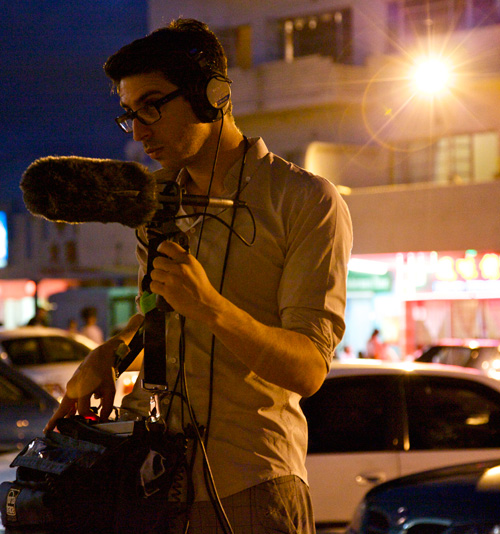
Yes, he’s the guy of Tweet A Sound and The Telephone Game. We looked for him to get a bit deeper on the birth and evolution of Social Sound Design, and – why not – to investigate his point of view on our favorite subject, sound design.
Hi Andrew, let’s get straight to the point. Is sound design an up and coming issue among the creative industry? What do you think, what do you see around you?
Absolutely. Sound design is an integral part of many creative industries, from art to games to film. As people seek more immersive experiences, creating media that appeals to multiple senses, including auditory, becomes increasingly more important. As technology becomes more accessible and affordable, more people become consumers and more consumers become producers. A good sound design is not limited to a select few with a big budget and expensive studio and equipment; anyone with a small investment and dedication can offer high-quality sound design for a production. Because more people can participate in consumption and creation of sound design, there is an increasing expectation that all productions must have good sound design.
Why did you start Social Sound Design? Do you think that creating an organized worldwide community would be useful for sound designers?
I created Social Sound Design (SSD) to bring together the various disciplines of sounds. Many of the online sound communities are focused on one discipline or topic. However, now sound designers often participate in more than one discipline; this means they have to oscillate between many forums to find all the information to satisfy the needs of a project.
In order to consolidate the flow of knowledge, I created Social Sound Design. I wanted to create a forum for sound designers — from all disciplines — to come together, ask questions, and get answers. I would like to see SSD grow into a community-driven space for sound designers to share knowledge and help flatten the steep learning curve of all disciplines of sound design.
Another reason why I created SSD is that while there are many wonderful online forums and mailing services, most lack a user-friendly interface and system for finding and sharing information. I wanted to create more than just a one sided broadcast where people mostly seek answers. Instead, I wanted to set up a multi-way dialogue to foster an active community of sound designers. I spent a long time looking for software that could provide the necessary interface until I stumbled upon and fell in love with a Q&A site running the same software that SSD is now running. I was drawn to this site for its clean interface, voting system that organically prioritizes content, and reputation points that helps users evaluate other users’ questions and answers. It is my hope that SSD provides visitors with a user-friendly and incentive-oriented forum where they can receive the highest quality of information from multiple sources.
What do you think is the most important need for sound designers now?
To not be afraid to step away from the traditional career routes of sound design and create one’s own path(s). There is a huge spectrum of opportunities available to sound designers. We don’t necessarily have to work for a big-budget film feature to be successful; it can be equally as rewarding — both creatively and monetarily — to work on other media, and small projects and teams. Each person is different; you have to find the opportunities that are most fulfilling for you.
What would you suggest to young people wishing to become a sound designer? Which one is the never-without tool?
This is a question that I can personally relate to as I recently have reached a point in my career where I am working on projects that I find personally and professionally fulfilling.
Things I have learned: Always have a sound design project to work on; try get it out there and seek feedback; share your knowledge; call yourself a sound designer; charge for your sound design (even just a bit); the web can be your mentor.
- The best way to learn is by doing. By participating in projects, you will learn new techniques and develop skills for future projects. If you work in a team, you also can build working relationships.
- Sharing knowledge forces you to absorb and apply what you have learned and encourages other people to share their knowledge with you.
- If you call yourself a sound designer, people will treat you as a sound designer.
- Don’t be shy to charge for your skills as a sound designer. People will try to get you to work for free, but you are offering a valuable service. Once you start charging for your skills, you are considered a professional sound designer. Initially it’s difficult to get away from the free work. It took me a long time to get over the I have no value and I should work for free attitude.
- Mentors are sadly hard to find, but we are lucky to have the web. There is a huge online community that is eager to help. There is a huge amount of knowledge that is distributed for free, it is up to you to find and make something out of it.
The main tool in your arsenal is your ability to work with others. Becoming the sound designer people want to work with will serve you well. If you’re that person, you will work your way up quickly. As sound designer you will more than likely be dependent on a team. You need to have a production to earn money, or you need a good script to do a good sound design. This should get the ball rolling: When people want to work with you, you will earn money to buy equipment. When you have the equipment, people will hire you for bigger projects and you will get better at sound.
If you want to read other people’s view points on this, check out this question on SSD.
Thank you Andrew, and let me say that If you call yourself a sound designer, people will treat you as a sound designer is my favorite. And it’s true!
- The Sound Outside – Podcast series with the authors - June 1, 2020
- From silence, listen to the future - April 13, 2020
- The Sound Outside – Listening to the world at Covid-19 Time - March 28, 2020










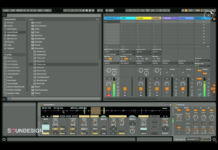
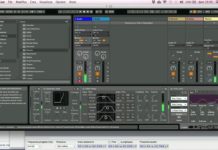

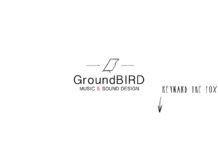
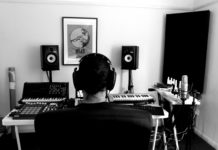


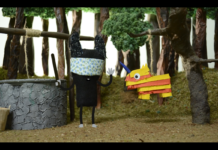
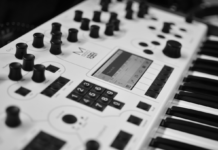
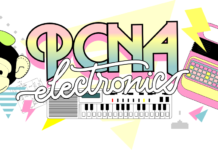
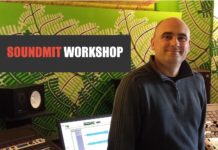
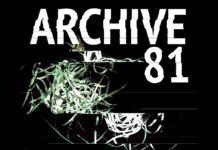
[…] Complete Interview Here… Tim Prebble Cuts the Air with the Second Release of HISS and a ROAR No Comments Leave a Comment […]
very nice interview with some good tips. thanks!
Amazing, this guy’s the best!
[…] Tim Prebble, Andrew Spitz, Miguel Isaza, we asked a few questions to Hugo Verweij -Â the man behind the blog Everyday […]
[…] visited posts were: the list of iPhone applications for music (in italian: 4000 pageviews) and the interview with Andrew Spitz (in english: 1100 […]